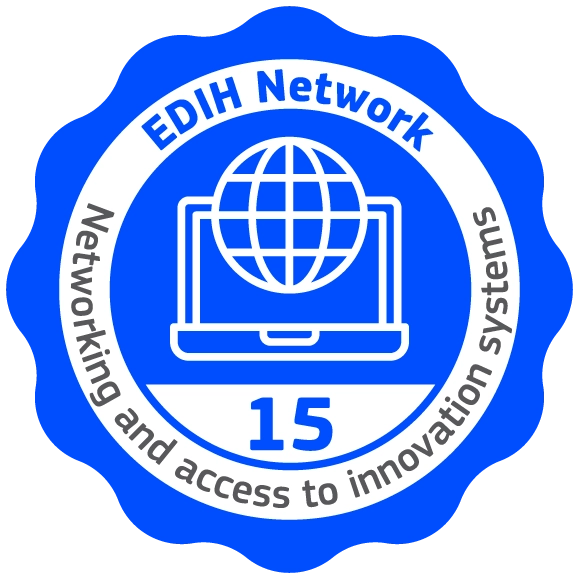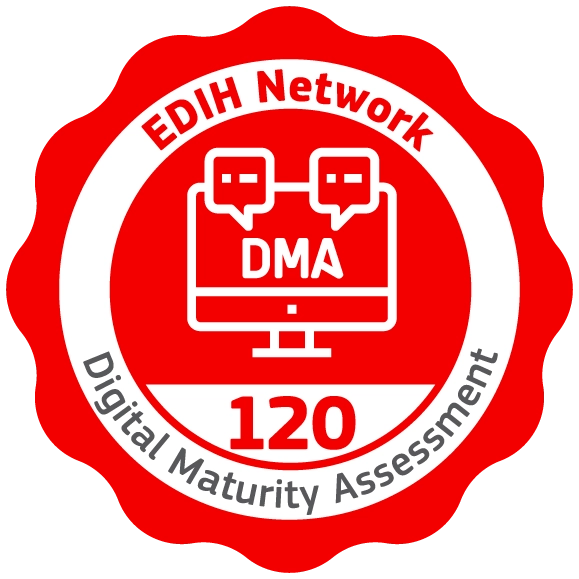Expert course: ‘Practical Malware Analysis in Incident Response’
Approach
Intensive, practical training in identifying, analysing and understanding malware samples in the context of security incidents.
Objectives
- Learn to identify, extract, and analyse malware samples as part of the incident response cycle.
- Understand malware behaviour and its persistence, communication, and evasion techniques.
- Use practical tools for static and dynamic malware analysis.
Programme
- (Quick) introduction to malware analysis
- Setting up a controlled environment for analysis
- Static malware analysis
- Dynamic malware analysis
- Extracting Indicators of Compromise (IoCs)
- Documentation and report writing
Who it is aimed at
- Cybersecurity professionals who wish to acquire advanced skills in malware analysis.
- Members of incident response teams (CSIRT/SOC).
- Security analysts who wish to understand how malware works in order to prevent and respond to it.
Preferred requirements for the expert course
Prior knowledge
Desirable: concepts of cybersecurity, programming, console management in Unix systems, basic concepts of system and network administration.
Required equipment
Personal computer capable of running virtual machines and Docker systems.
Teaching staff
- Ricardo J. Rodríguez – Lecturer in the area of Languages and Computer Systems, Department of Computer Science and Systems Engineering, University of Zaragoza.
Schedule, date and location
- Dates: 10, 12 and 17 june 2025
- Location: University of Zaragoza. Río Ebro Campus. Ada Byron Building (Classroom A.07) C/ María de Luna, 3 - 50018 Zaragoza
- Maximum number of attendees: 15 people
- Total duration: 9 hours
- Schedule: 4pm to 7pm








